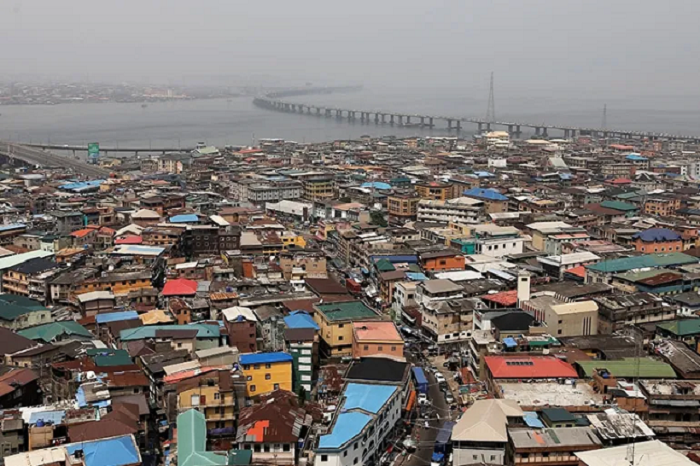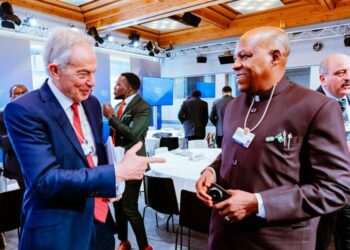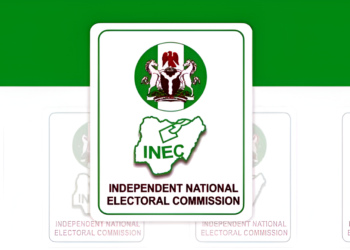Governor Babajide Sanwo-Olu of Lagos State has pledged a firm action to safeguard the state’s lagoon againt degradation.
The governor said the fight to protect the ecosystem and livelihoods “is urgent and non-negotiable.”
Sanwo-Olu gave the assurance at the opening of the maiden Lagos State Waterfront Summit at Eko Hotels and Suites, Victoria Island.
According to Sanwo-Olu, Lagos lagoon sustains millions of people and anchors the state’s economy and culture but is under severe threat from illegal dredging, reckless land reclamation and unregulated sand mining.
The governor said the lagoon was also under threat by abandoned ships, marine pollution and unchecked urbanisation, all worsened by climate change and coastal surges.
The governor noted that during his recent visits to coastal communities such as Ibeshe, Ilashe, Inagbe and Idotun village, he saw flooding on homes, livelihoods and ancestral lands.
“A recent global report shows that more than 80 per cent of the shoreline of Lagos has been lost in just 50 years.
“If we remain inactive, we risk creating a Lagos where the waterfronts are unliveable and the lagoon no longer usable,” he said.
He said the Lagos State Ministry of Waterfront Infrastructure Development would provide infrastructure and services across the waterfronts, protect the environment and boost coastal tourism to position Lagos as a global destination.
Sanwo-Olu identified opportunities in eco-tourism, blue economy, renewable energy, research and innovation, and public-private partnerships as ways to turn the threats into engines of growth.
“Those who profit from illegal dredging, reckless land reclamation and environmental destruction are jeopardising the future for generations to come, and Lagos will no longer tolerate it,”Sanwo-Olu said.
He said the state government was investing in shoreline protection, preparing a master plan for waterfront development, strengthening regulations, empowering communities, funding research and mainstreaming sustainability into all projects.
“This is not a fight for government alone. We need traditional leaders to protect our heritage and the private sector to lead on sustainable projects.”
Sanwo-Olu added that the government would need regulators with integrity and the civil society to hold it accountable as well as scholars to guide new possibilities.
“If we get this right, the Lagos lagoon will flourish and become a source of pride, prosperity and protection for generations to come,” the governor said.
In a keynote address, a former commissioner for environment in the state, Dr Muiz Banire (SAN), described the lagoon as a “true companion” of Lagos that had nurtured families, supported industries and underpinned trade for generations.
“The lagoon is now “crying fiercely for air,” he said.
He identified unregulated industrial discharges, municipal waste, oil spillages, and over-exploitation through uncontrolled sand mining and reclamation as threats to the lagoon.
Banire added that weak enforcement of laws, overlapping agency mandates and lack of capacity to monitor environmental impact assessments as threats.
“Failure to act could result in an environmental, economic and social catastrophe, including depleted fish stocks, loss of biodiversity and increased vulnerability to flooding.
“I urge political will, stronger enforcement, inter-agency cooperation and community involvement to restore the lagoon’s resilience,” he said.
The state commissioner for waterfront infrastructure development, Mr Dayo Bush-Alebioshu, said the lagoon was more than water.
“It is life, culture, economy and identity,” he said.
The commissioner said that the lagoon faced pressure from pollution, unchecked urbanisation, climate change and illegal dredging that weakened the shoreline and depleted fish stocks.
He said the summit was convened to harness knowledge, technology and partnerships to protect the lagoon, revive its potential and position it as a driver of sustainable growth for Lagos.
















Safe Skies: Phone Switched Off Or Airplane Mode?